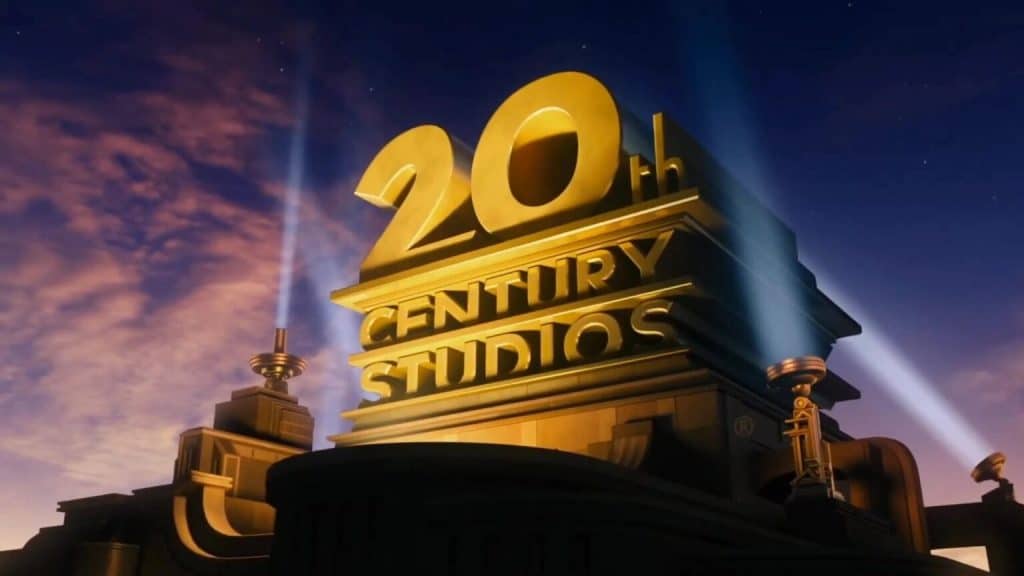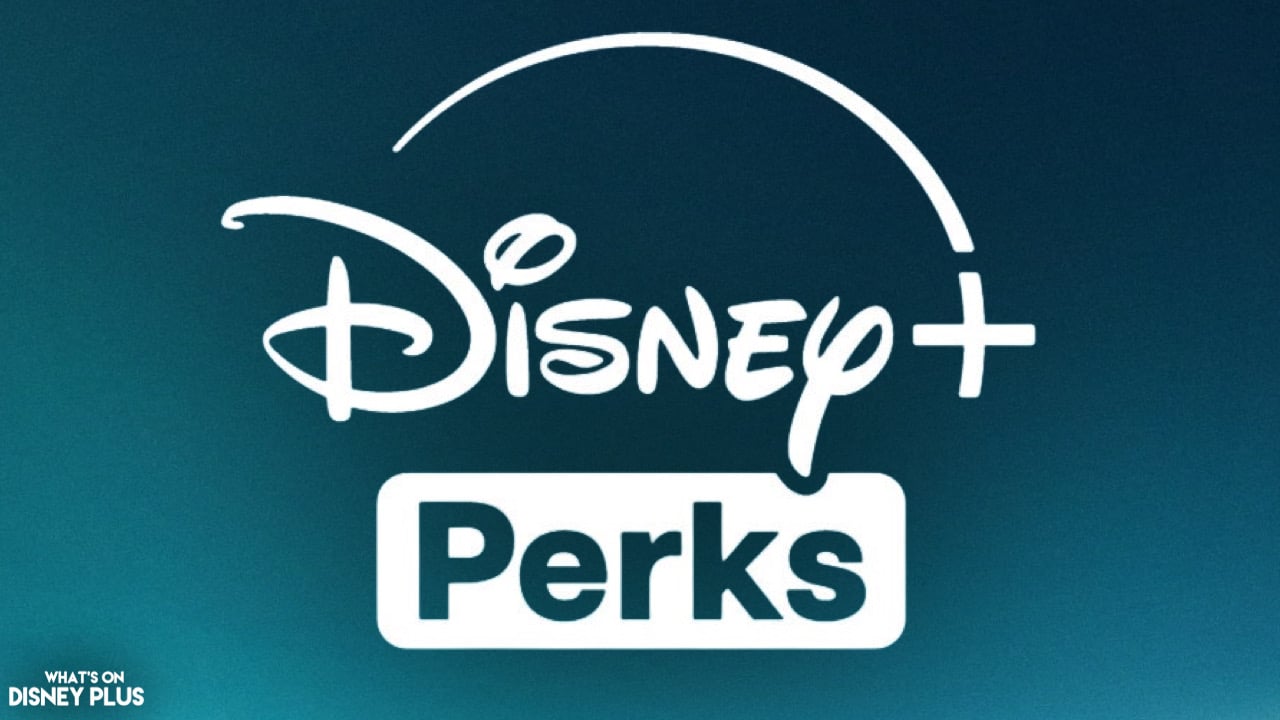
TSG Suing Disney For Withholding Profits By Rushing Films To Disney+ & Hulu
Disney has been hit with a new lawsuit by TSG Entertainment over a breach of contract over several 20th Century Fox films, where they claim that Disney has been withholding profits and cutting deals to boost its streaming service and stock price.
TSG has co-financed the production and marketing costs of over 140 films produced by 20th Century Fox, which Disney acquired in 2019. In exchange for the investment, TSG takes a share of the defined gross receipts after those films are released.
Some of the films the company have helped co-finance include “Avatar: The Way Of Water”, “The Menu”, “JoJo Rabbit”, and “The Greatest Showman”. Plus, they’ve invested in recent films, including “Chevalier“, “The Boogeyman“, and “Empire Of Light”. Over the years, they have invested in around one hundred titles worth around $3.3 billion in the studio’s content since 2012.
According to the filing at the Los Angeles Superior Court, TSG was deprived of cash, allowing it to invest in individual films and its efforts to sell its stake in other movies.
TSG requested an audit of three films they had co-financed following a decline in the amount of profits from its movies. They are saying that they found “rampant self-dealing” and “accounting tricks” within the accounts and estimate that they had been underpaid by at least $40 million.
“At its root, it is a chilling example of how two Hollywood behemoths with a long and shameful history of Hollywood Accounting, Defendants Fox and Disney, have tried to use nearly every trick in the Hollywood Accounting playbook to deprive Plaintiff TSG — the financier who, in good faith, invested more than $3.3 billion with them — out of hundreds of millions of dollars,”
One of the biggest issues, is that the studio had licensed its own film, “The Shape Of Water”, to the FX channel for $4 million less than it should have been under its output agreement and that they had done a “secret side deal for a fraction of what the parties had previously agreed was fair value.” And they also found that they had not been credited with the revenue it should have gotten and was charged millions of dollars for the distribution fees that weren’t part of its revenue-participation agreement with the studio.
“Disney (and the executives running it) had and continue to have every incentive to do anything and everything they can, including manipulating distribution of the Qualifying Pictures and preventing TSG from liquidating its interests in certain tranches of Qualifying Pictures, to attempt to boost Disney’s share price at the expense of TSG and other profit participants,”
The change in distribution windows that have changed during the pandemic is a major reason for the issues between the two companies, as films were rushed to streaming services or digital releases. The agreement originally saw HBO paying a reported $200 million per year for the “Pay 1 window” from 2012-22 for a reported $200 million per year. However, a new deal was made between Disney and Warner Brothers in 2021, which saw the two companies share access to many 20th Century Studios films, including both “Avatar” films, for a smaller license fee, which TSG state cut directly into their potential profits.
“On information and belief, these deviations from the traditional windowing of Fox’s films — in spite of Fox’s express and implied obligations to TSG — were a direct result of Disney’s interference with the RPA in pursuit of its ultimate goal: to prop up its wholly- or majority-owned streaming platforms and the share price of its stock using content from other divisions of the company. Moreover, as Disney’s own CEO, Bob Iger, has admitted, his company pursued this strategy recklessly and with little forethought. For example, during Disney’s August 9, 2023 earnings call—in which Mr. Iger announced Disney+’s second subscription price increase in a year—Mr. Iger admitted with respect to Disney+, ‘We grew this business really fast, really before we even understood what our pricing strategy should be or could be.’”
TSG is also saying that when it tried to exercise its right to sell its stake in other movies, it had funded back to Disney or to a third party, but it was denied, and thus, TSG hasn’t been able to use that money to invest in other movies.
“The consequence was that TSG’s share of defined gross receipts was dramatically reduced, further eroding TSG’s ability to generate liquidity for future productions, and frustrating TSG’s ability to realize the benefit of its agreement with Fox. Most egregiously, this scheme triggered a provision in the [revenue participation agreement] that entitles Fox to a 50% share of TSG’s profits after the winding-up of TSG’s investment vehicle.”
Warner Brothers Discovery also had a similar issue with Village Roadshow and Legendary when it decided to send all of its films to HBO Max during the pandemic. As you might expect, in the last two years, TSG has been investing less in 20th Century Studios films and is now investing in more films with Sony, such as “Gran Turismo”, “65”, and “No Hard Feeling”.
This case is likely going to get settled out of court, as Disney probably isn’t going to want to open up its books to a court case. Plus, the company is still working with Disney on upcoming movies, including “A Haunting in Venice“. TSG is also being represented by John Berlinkski of the law firm Bird Marella, who is the lawyer who previously represented Scarlett Johansson when she sued Disney over “Black Widow” being released on Disney+ Premium Access.
What do you think is going to happen with this court case? Let us know on social media!



